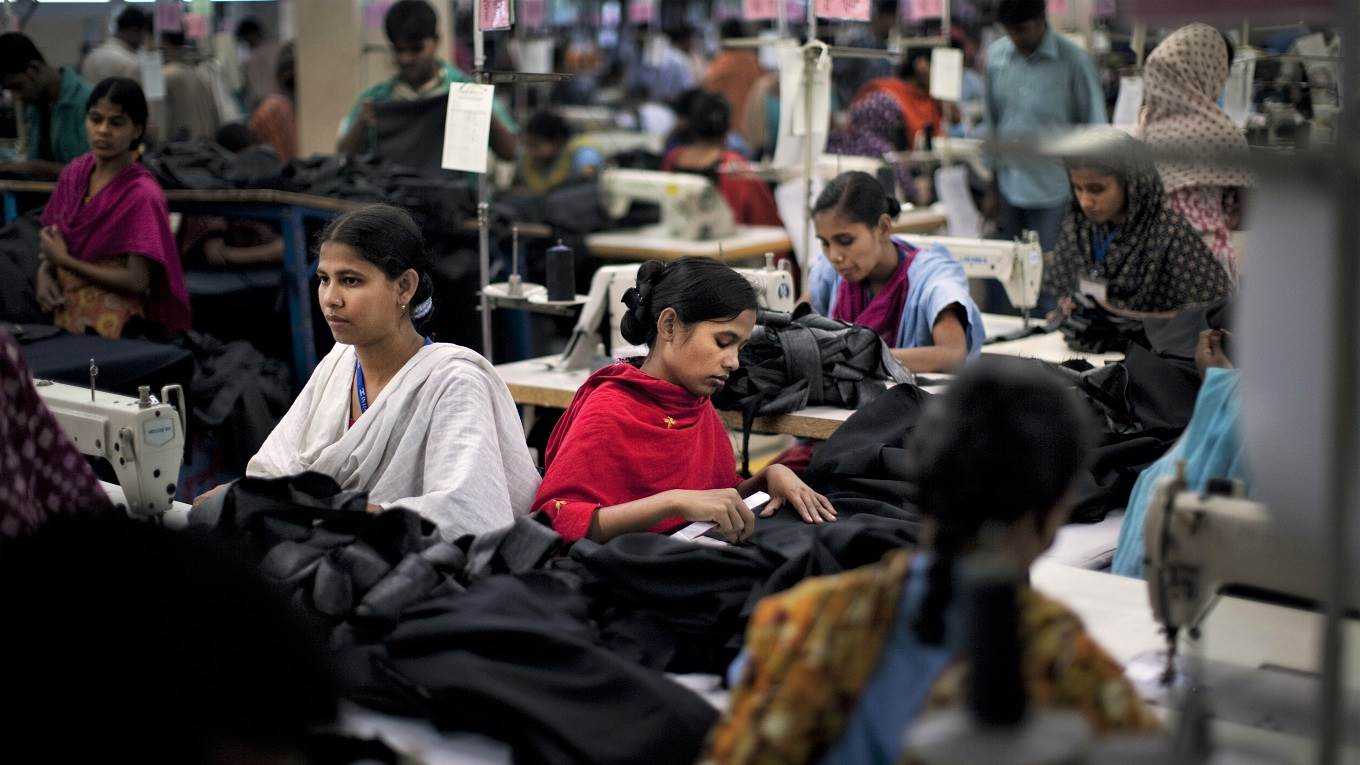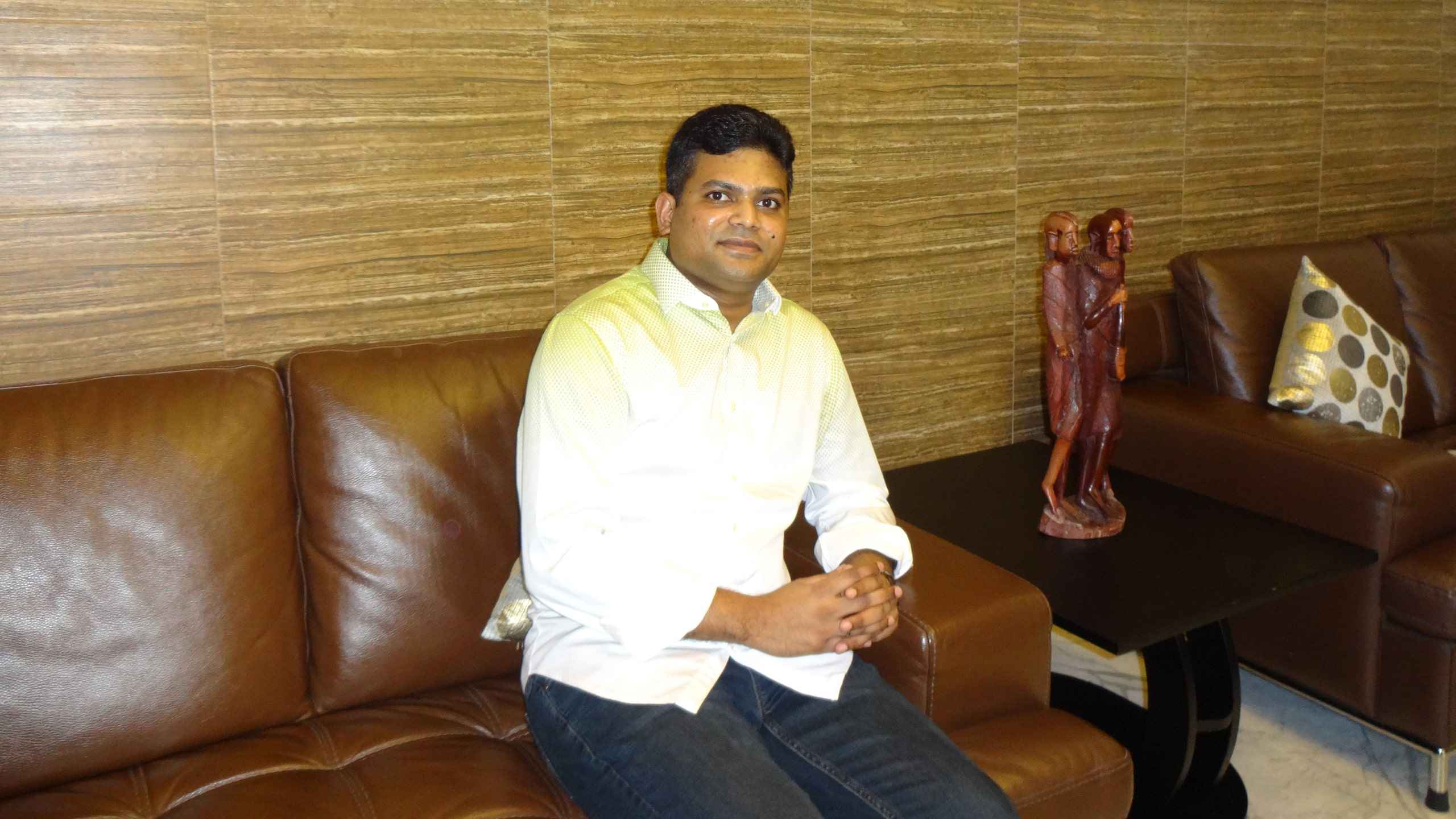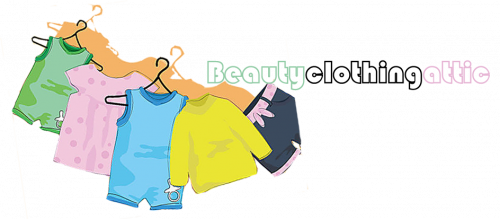
The participation of female workers in Bangladesh readymade garment industry has been decreasing in recent years with the share of women workforce in the sector coming down to 53.2 per cent in 2016, according to a study conducted by the Centre for Policy Dialogue.
“Worker composition has changed significantly over time with employers becoming increasingly interested in employing male workers,” underlined the CPD Research Director and also the lead author of the study, Khondaker Golam Moazzem, while presenting the findings of the study at a recent event in Dhaka.
According to findings of the study, companies studied over two years since 2016 experienced a monthly employee turnaround of 5.3 per cent, with majority of the quitters being female workers. The study further underlined that the falling trend in the number of female workers continued for a while as the share of female workers in the RMG sector stood at 53.2 per cent in 2016, down from what was 58.4 per cent in 2012.
“The finding comes as a shock as female workers had an absolute dominance in the RMG sector not long before,” maintained BRAC Institute of Governance and Development research fellow Lopita Huq, adding, “Women are losing the largest sector of their employment. ‘If it [the trend] continues, it will definitely impede Bangladesh’s development.”
There’s no denying Huq’s observations and more so considering the fact that Bangladesh apparel sector has been a women-driven industry with more than 80 per cent workforce comprising women. However, all the garment manufacturing companies are not same and there are exceptions as well!

Bando Designs Ltd., helmed by Imranur Rahman as the Managing Director is one such name. Specializing in kidswear to cater to names such as H&M, Next and Debenhams, Imranur is not only keen on employing women workers but is also ready to walk that extra mile to ensure their empowerment. “I want to employ more women workers in my factories. As of now, we have got 344 female operators in my new manufacturing unit. I want to empower women and this is basically because men are both socially and economically independent, which is not the case with all women. We had interviewed around 600 fresh female candidates for the post of operators from which 344 have made the cut while we have kept the contact details of the remaining. We are now planning to train them up in batches of 15,” maintains Imranur speaking to Apparel Resources .
What’s more, Imranur is now promoting the experienced women hands from the existing facility of Bando to take up positions of supervisors for his other manufacturing unit in Gazipur, which would become operational soon. Imranur has interviewed and selected 9 women workers from Bando to take up the responsibilities as supervisors in the new unit. The MD of Bando Design has decided to dedicate five lines of his new unit to the female workers only.
As per a new study conducted by Shojag (Awaken), a coalition of Bangladesh Legal Aid and Services Trust (BLAST), BRAC, Christian Aid, Naripokkho and SNV, twenty-two per cent of female garment workers in Bangladesh apparel industry face physical, psychological, and sexual harassment at workplace or on the way to/from the workplace. What’s more, 86 per cent of the respondents reportedly mentioned male supervisors as the main perpetrators.
Imranur’s drive to promote experienced women workers to the role of supervisors would not only help empower these women but would also do away with the so-called violence and harassment committed by the male supervisors.
Another name that is working towards empowering the women to improve their lot is the Mohammadi Group . Headed by multi-faceted Rubana Huq as the Managing Director, Mohammadi Group is a diversified conglomerate with interests in real estate, power generation, media, IT, software, besides its core business of garment manufacturing. It employs a workforce of over 10,000 people.
Feeling very strongly for Women Empowerment, Mohammadi Group has tied up with Asian University of Women (AUW), Chittagong, to help uplift the socioeconomic status of the women workforce through higher studies. “I have interviewed around 80 women workers and selected five of them who were keen on pursuing higher studies to continue their education with AUW,” underlined Huq while speaking to Apparel Resources earlier.
With food, lodging and study material requirements being taken care of by the university, Mohammadi Group would continue to offer them their basic salaries during the period to take care of other necessities.
Post graduation, Rubana plans to upgrade them to managerial levels in the group. “Mid-management is the problem area of the industry by and large. Through this initiative, if I am able to address the issue to even a small extent, it will be a life changing initiative,” says Rubana adding, “I cannot change the whole world or the entire apparel sector but even if I can change the lives of a handful of people, it would be an achievement.”
The efforts by these entrepreneurs towards women empowerment is a testimony to the fact that no matter what, women would continue to be at the centre of growth and development of the Bangladesh apparel sector in the days to come.

Leave a Reply